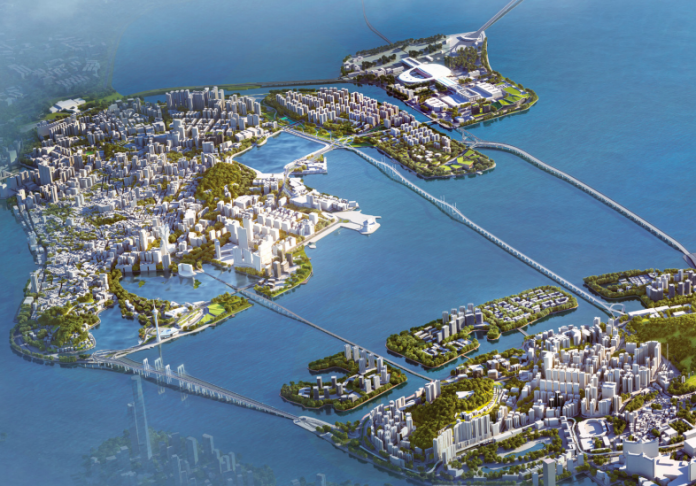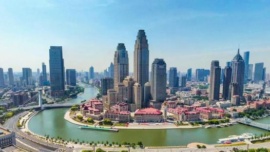Opinion by Angela Chong, former high school teacher
According to Nelson Moura’s opinion article “ Macau 2040” on September 5, the draft of Macau’s Urban Master Plan for the year 2040 is out and is open to public consultation until November 2. In this article I would like to give some suggestions about the land use of the development region.
In view of the foreseeable population expansion in the coming years, land use is likely to be focused mainly on residential purposes. In fact, as housing has been an issue of grave concern over the past decades, it is just reasonable for the residents to view New Urban Zone A with hope about better homeownership opportunities.
While such plans are to include improved transportation and road infrastructure to cater for the needs of the future residents, from my point of view, great attention should also be directed towards the provision of more green spaces for leisure and recreation. One reason is that, with increased attention to healthcare, there are a growing number of daily hikers and joggers among the residents. A visit to Guia Hill or the Reservoir Trail at any time of the day makes it very clear that open spaces are just not enough!
Besides, I would also suggest shared open spaces between the apartment blocks. Small accessible gardens or backyard areas, for example, could contribute to positive perceptions of their livability and deliver quality lifestyles. Residents, especially the senior citizens and those with walking difficulty, could then enjoy the greenery without going to a faraway park.Imagine the view of beautiful flowers and plants just outside the window!
In addition, urban planners should also have the needs of the young students in mind. In recent years, there has been much talking about heavy academic workloads and exam stress on them. Equally worrying is students’ excessive use of the computer for the enjoyment of online games. There is, therefore, a great need for parks and playfields where they can run a bit and enjoy outdoor activities. In fact, the summer vacation activities sponsored annually by the DSEJ are usually overbooked, leaving many applicants and their parents disappointed. With the availability of more recreational grounds and sports fields, however, more frequent activities can be arranged for the teenagers and kids. This will definitely do good to their health and development.
Another important consideration would be the preservation and expansion of ecological parks. These parks can serve educational purposes as they provide opportunities for people to experience and learn from the natural world. It is indeed encouraging news, according to Nelson Moura, that almost 27 per cent of the city’s land area will be occupied by ecological preservation areas and green leisure areas. One existing example is the Coloane Arboretum, an ecological park that primarily caters for conducting scientific research and complemented with sightseeing tourism development. Another example is the Wetland Ecological Viewing Zone opposite the Taipa Houses-Museum with improved ecological and tourism value. It should be noted, however, that when parks are to be developed as ecotourism sites, careful thought is required for ecological protection and their future development.
In brief, environmental sensitivity is essential if land-use planning is aimed to answer the diverse needs of the existing and future residents of Macau and to ensure a high quality of life.





















